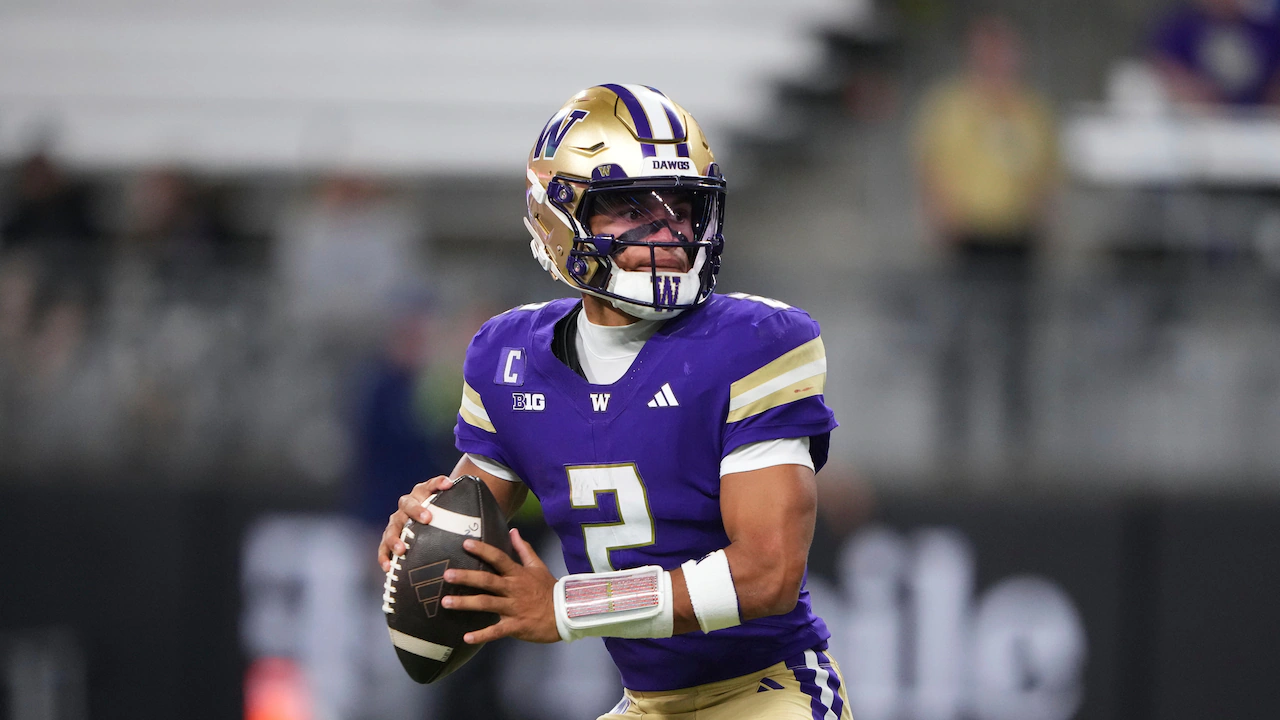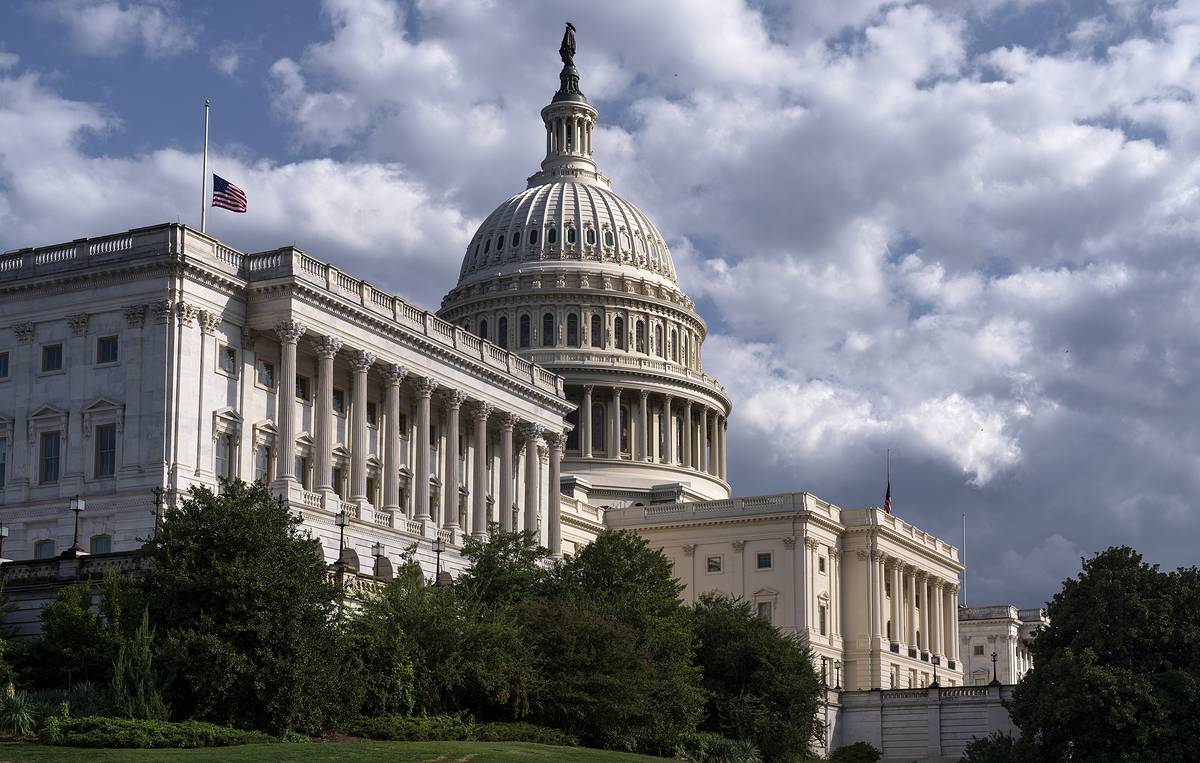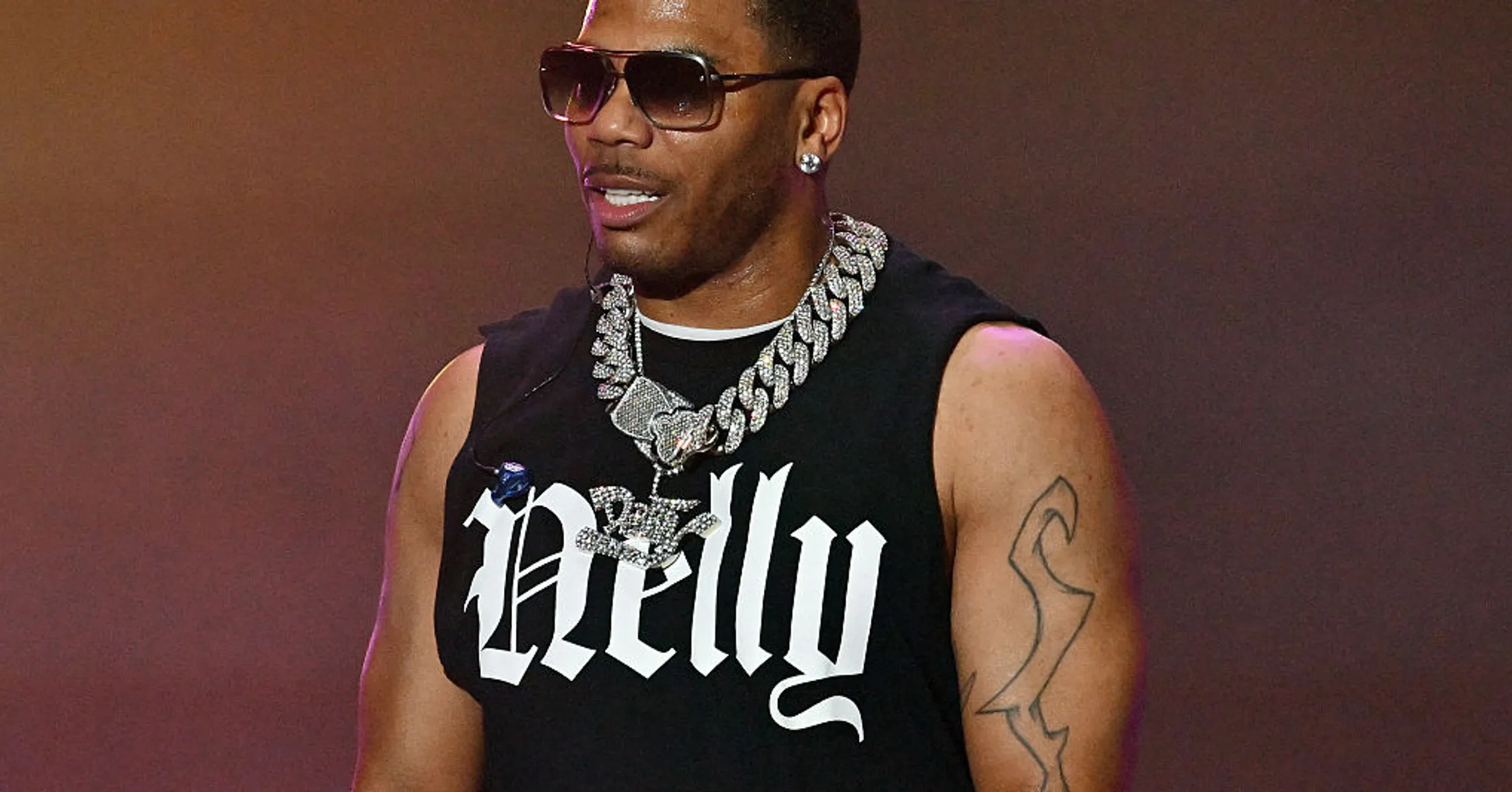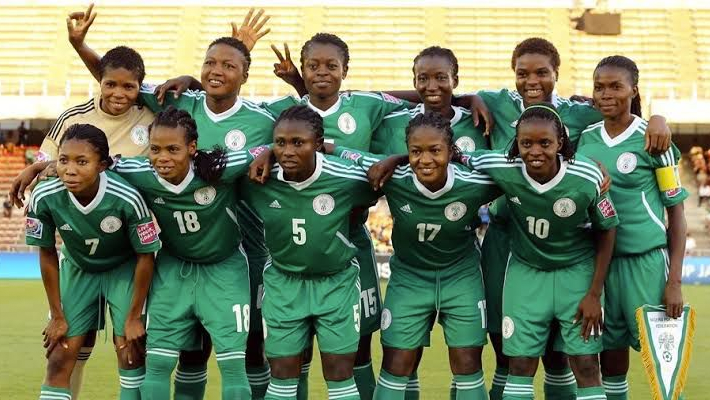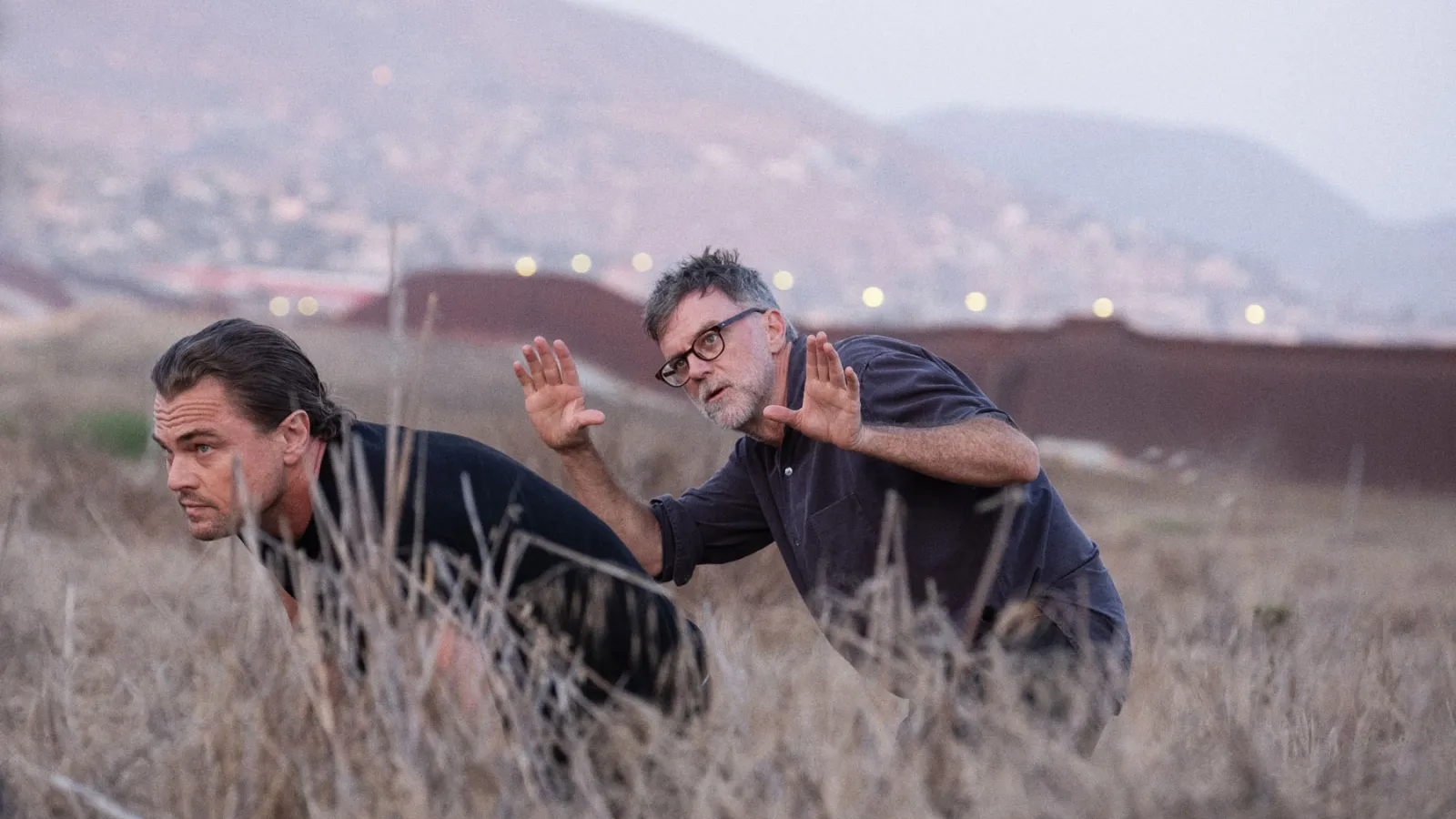
“I’d like a Coke, with ice,” Paul Thomas Anderson says, addressing the waiter standing before his table.
“And I’d like a Coke, with ice,” Leonardo DiCaprio echoes, emphasizing the words to the point that the renowned filmmaker sitting to his right immediately starts laughing as the server walks off.
Anderson turns to the Oscar-winning star, who’s endured vicious bear attacks and disastrous ocean-liner cruises onscreen, and, in the voice of a 12-year-old kid from the San Fernando Valley, goes: “I’d like a McDonald’s Coke, with iiiice!”
“Crunch-yyy ice!” DiCaprio replies, sounding equally preadolescent, and both break into giggling fits.
“Wait, are we going?” Anderson says, suddenly noticing the red light on my recorder. He composes himself, kind of. “OK. Right. What do you wanna know?”
Back in the late 1990s, Anderson and DiCaprio came extremely close to working together on Anderson’s second movie, Boogie Nights. But the director ended up casting Mark Wahlberg. The actor went off and made Titanic. The rest is history, etc. Over the last few decades, however, the two members of this mutual admiration society kept vowing to collaborate in some capacity or another. (“The question is not, why would you think of Leo for a part,” Anderson says at one point. “It’s: Why wouldn’t you think of Leo? Who doesn’t think of him when they’re making something?”)
Now, with One Battle After Another, the duo have made good on their promise and produced a film that is funny yet tense, epic yet extremely personal, and a comment on a contemporary upside-down moment in American history that somehow manages to skirt being explicitly political. A story about a former member of a revolutionary group known as the French 75 who’s living on the lam — and must rescue his teenage daughter when she goes missing, thanks to those past endeavors catching up to him — Anderson’s movie borrows numerous elements from Thomas Pynchon’s 1990 novel Vineland. But it’s not an adaptation any more than it’s a straight satire (despite the addition of a Mason-like secret society known as the Christmas Adventurers’ Club) or a thriller. This unclassifiable mix of absurdist comedy, family drama, and nerve-jangling set pieces is completely its own beast. It’s also undeniably brilliant.
And though Battle boasts an all-star cast that includes Sean Penn as a white-supremacist military colonel, Teyana Taylor as a machine-gun–toting radical, Regina Hall as an underground fixer, Benicio del Toro as a martial-arts sensei and newcomer Chase Infiniti as the young woman who’s M.I.A., the movie is truly a product of the creative bond between the director and his name-above-the-title star. Over the course of two conversations — one during a post-screening Q&A, and another during an hourlong sit-down the next day in a midtown Manhattan restaurant over Cokes with ice — Anderson and DiCaprio talked about their friendship, their first meeting (it involved a LaserDisc), the debt they owe their late friend Adam Somner, their love of strong female characters, why River Phoenix is the GOAT, and a lot more. This interview has been condensed and edited for clarity. There will be spoilers.
Editor’s picks
You’ve been working on this project, off and on, for a while.
Anderson: Longer than I care to admit — it’s a little embarrassing. I thought about making this after Phantom Thread, and had talked to Leo about it then… but I couldn’t quite find someone to play [the daughter character] Willa. Then I got obsessed with making Licorice Pizza, because the kids I knew at that time were at the right age to make it. Eventually my producer and assistant director, Adam Somner, said: “Right, enough’s enough, it’s time to make this movie.” You know, however long it took, it took. I feel like the waiting involved in this paid off.
Related Content
Why did this movie feel not only like the right project for you both, but the right one to do now?
Anderson: Maybe he’d aged right into the role. Maybe I’d aged into finally understanding how to write the role. I just know that I feel like this was right thing to collaborate on.
You famously almost worked together early on in your careers, and both talked separately about wanting to work with each over the years. Before you came back to Leo after Phantom Thread, was this a recurring topic of discussion? “Hey, when are we going to find the right project,” etc.?
Anderson: I’d have to think about this… Did we see each other a lot?
DiCaprio: We didn’t run into each other that much. But we had a lot of mutual friends, we’d have the occasional post-screening talk. From my recollection, you kind of hinted there’s something that might be coming up that would work, and those conversations lead into some sort of formal decision.
Anderson: I called him at one point and said, “I have this thing, I’m not sure what it is yet…” Then when Licorice Pizza turned out to be the next thing, I called him again and asked, “Can I have you dad’s phone number?” [Note: That’s George DiCaprio playing the waterbed salesman in Licorice Pizza.]
DiCaprio: It’s why I’m so grateful to Adam. He’d worked with both of us before [on separate films] and said, “Look, I know you guys have always wanted to do something together, you need to make it happen now.” He willed it into being.
What do you think Adam saw in the two of you respectively that made him say that?
Anderson: It’s very hard to describe. I mean, he knew quite well how I like to work and what attracted me, and he knew quite well how [Leo] worked and what attracted him. He knew there was a mutual admiration and respect. But Adam was just there to go, like, “I’m telling you, you’re gonna fucking love it. You’ll have a great experience making this together.”
DiCaprio: I think he knew that I wouldn’t just feel like a cog in a machine on Paul’s set, which… I’m not really a fan of that. And that we’d have the room to find things and play around.
Leo, once you knew that this was actually going to happen, what sort of research did you begin digging into for this?
DiCaprio: I read Days of Rage, this great book [by Bryan Burrough] about the radical underground in the 1960s, and that gave me a sense of who this character, Bob, was. But it took going up to Eureka, this small town in Northern California, to understand that culture of people there in these isolated environments. It was like, OK, I see how he’d change now. I see how he might have shifted his view on the world, even if his paranoia is still there. I just thought, “Oh, there’s a whole community of people like Bob here.” They’re escaping society, and what you call “hipnecks” — half hippie, half redneck.
“We’re kind of libertarian, but we’re down for transgender rights. Just don’t tax us.”
DiCaprio: “Don’t tread on us, but also we’re woke.” [Laughs.] Yeah, that’s it.
Anderson: Leo’s a good collaborator, but he has this annoying thing that he does where he says, “Listen, I’m not a writer, but…” [Laughs.] It’s usually a setup for, “I have some other ideas about everything else” — and they’re good ideas!
Let’s talk about Bob’s look for a second. How did you guys come up with that specific combination of facial hair, bathrobe, and samurai ponytail?
DiCaprio: Seriously, this movie is probably the one with the most extensive conversations I’ve ever had about the look of a character.
Anderson: Really?
DiCaprio: Yeah! De Niro always talks about the character’s shoes, right? That’s one of his ways in. But this was like [my] Bob’s superhero outfit. The bathrobe is like his cape. And there were a lot of different iterations of what Bob would look like as he disappeared into this community. I mean, his mustache still looks the same. But then the robe came into play. There was supposed to be a poncho…
Anderson: Right!
DiCaprio: But as soon as you saw the robe, I remember you saying, “That’s it. You’re gonna go with that.” And then I don’t know why, but I had this vision of those orthopedic sunglasses that fit over regular glasses — I guess it was a kind of sci-fi, Star Wars element to it. They make Bob feel like he’s disappearing, when it just makes him look way more conspicuous.
Anderson: I thought when you sent me that picture that you were, like, at an eye doctor! He sent me a picture with those glasses on, and suddenly, I choked on my fucking cornflakes. Plus, you take that outfit and then have the guy vape? It’s perfect. I mean, somebody vaping is already silly. [Dramatic pause.] I’m looking at you, Leo. [Laughs.] But a guy who’s kind of a revolutionary and he’s vaping? That’s fucking funny.
What was it about Chase Infiniti that made you both think, after a long search for someone to play Willa, she was the one?
Anderson: She reminded me of my daughters. She felt like a person who would be friends with my daughters, and I just connected to her as a human being. And you have someone with incredible talent, a real emotional awareness, and the physical abilities to do all that she has to do in the film. But really, more to the point, I was just very interested to spend a year with her.
DiCaprio: She had to have this unique quality that I think Paul was looking for, a mix of resilience, toughness, and an innocence. I mean, she was willing to give everything she had to make those action scenes look realistic, and then she had that fight in her. But in the workshops, you really felt like, “Oh, God, I have to protect of this young lady at all costs.” The whole movie stands on that feeling.
“Take no shit” and “vulnerable” is a difficult combination to pull off.
Anderson: That’s right.
Who came up with the idea of getting Teyana into the mix and having her play the French 75 leader, Perfidia Beverly Hills?
Anderson:I think I did? I had a feeling like, Perfidia needs to feel like she’s the protagonist, the hero of the movie. You know, Leo might be in it, Sean might be in it, all these well-known actors are in it, but you see Teyana and it’s like: That’s the star of the movie. I wanted audiences to feel like, this is really a movie about a Black revolutionary. “Well, there’s Leo, he’s got a lot of explosives in a wheelbarrow, but what is she up to?” It acts as a kind of misdirect. She’s the first person you see onscreen, our entrance into the story, and because it’s Teyana, you’re immediately bringing [the audience in]. Then you’re seeing somebody with that much swagger suddenly having to play defense. It was an exciting challenge to make this elongated short film that is the Perfidia saga, where, you know, the guy who in any other movie would be “Extra No. 6” is the one who ends up surviving and has the golden goose. That was that was a fun structure to play with.
So many people are asking, what can we do to fight back against this weird, fucked-up moment in American history. And One Battle After Another does kind of have an answer to that, which is: Look after your community and take care of your own.
DiCaprio: Yeah, I agree.
Anderson: I think I what I’ve been noticing over the past two weeks since we’ve started showing the movie is, you know, maybe it’s not fashionable to make an optimistic movie right now. That was a risk. It’s fashionable to be cranky or something. But there’s a streak of optimism in the film. I hope there is, at least, I because I feel that way. I mean, I have four kids. I’d better be fucking optimistic.
It’s funny, though, because when we had a screening at the Directors Guild and Steven Spielberg was moderating a Q&A, he said, “I didn’t know if something terrible was going to happen when the father finally catches up with the daughter. I don’t trust you and your stories enough, because they can go wild places that something horrible perhaps was going to happen.”
It’s not like you make these Michael Haneke-style feel-bad movies, Paul!
Anderson: True. But I still took it as a compliment. [Laughs.]
You’re both in your fifties now and have been doing this for decades. How has the motivation changed for either of you in terms of what you want to do creatively, and where you want to put your energy, compared to when you were doing this in your twenties?
DiCaprio: When I was younger, there was just this feeling — maybe you felt it too, Paul — of hitting the lottery. It was very much like, “I can’t believe I’m working in this industry, and I’m getting to make decisions for myself.” And there’s this frenetic pace that you have. But now, you know, I think as I’ve gotten older, I’ve just become even more… I don’t want to say selective, but all these different components have to come into play to make a movie and hope that it not only works but lasts, even if there are no guarantees of either of those things.
Anderson: It’s not that I feel any different than I did in terms of what the spark is, or the fight to make your movie, or the excitement of it all. It’s more that the thing I cherish the most now and gets me the most excited is the friendship and camaraderie and the collaboration that happens when you do the work. That’s the thing that gets me out of the bed in the morning. You know, maybe when you start out, you do feel like you’ve won the lottery more. But now, the joy of making the movie itself is so much deeper and stronger. And particularly the journey of this film, because of Adam and what happened [Somner died on November 29, 2024; the movie is dedicated to him], it’s certainly illuminated just how lucky we are to have this group of people together making a film. I mean, without sounding totally ridiculous, yes, you’re always trying to make something great. But you could pretty easily go, “If it’s good, great; if it’s not, OK, at least we fucking had a great time. We’re all together.”
That’s a good attitude to have.
Anderson: Look, I don’t know that I’m exactly that Zen all the time. [Laughs.] But to go to work every day with Adam in particular, as he was sick, and to cherish every single moment and try to soak every single thing in? It made you really count your lucky stars and appreciate the joy of collaboration. But I also think there’s a little bit of a problem with your question.
How so?
Anderson: Because you’re assuming that this isn’t an addiction, you know. It’s not really work. It’s an addiction to the love of this thing that we do. Making movies — it becomes like food and drink to you. There’s no escaping it.
DiCaprio: Going back to the beginning of our conversation, I had a thought this morning about when I first met Paul and we were talking about maybe doing Boogie Nights together. I don’t know if you remember this, Paul, but we met at my mother’s house, and you came in with…
Anderson: … a LaserDisc of Raging Bull.
DiCaprio: Yes! You do remember! And we’re talking about his creation of what this character would be in the world of porn. And I was like, “This sounds incredibly intriguing. This sounds so exciting and scary.” It didn’t happen, but it’s been great to watch everything unfold in his career, and I felt like this was a weird sort of thing that was eventually going to happen. I wished was going to happen. That film [Boogie Nights]… I don’t know why, but it defined cinema for my generation in a lot of ways, and then we’ve just been talking as friends, and then this got to happen.
Can we talk about that final chase scene in the hills? Where did you film that?
Anderson: We moved from the northernmost tip to the southernmost tip of California; those hills are near the Arizona border. We knew we had to get our bumbling hero to get to our real hero, who is Willa. We’re on the road, there’s a car chase with a third person in pursuit, and we have those dynamics. And it was simply through the luck of the movie gods that we found these incredible rolling hills. If you put your phone on the dashboard of your car, you realize just how scary that point of view becomes — you’re driving 85 miler per hour and you can’t see what’s over that hill, nor can you see what’s behind you for most of the time. So this kind of revealed us to ourselves via a location scout, and it was a great idea.
DiCaprio: We had a lot of discussions about what was going to happen at that moment at the end. There were a multitude of options we put out there.
Anderson: Yeah, well, I was wildly skipping over that particular part of the story. [Laughs.] I think that we had done a version where as soon as they see each other, they hugged, and we watched it the next day in dailies. And it occurred to me, hang on, there’s more here.
DiCaprio: Did we redo it?
Anderson: We did. We reshoot it, and I think what we got is much stronger. Coming up with the situation for Willa, where she is finally able to take agency over a situation — to turn the tables, be the aggressor, take the high ground — this became very exciting to us. Then the next part is simply: Who kills who, and how? Somebody’s gotta shoot somebody else, and somebody’s gotta get outta there! [Laughs.] Through the scouting and rehearsing, we really discovered that the biggest moment was Chase being put into the position of having to pay for the sins of her mom and her dad. And the next thing that came to us was, “Well, if she knows who she is, the biggest question [to Bob] is: Who the hell are you?” And the answer to that is…
DiCaprio: “I’m your dad.”
Anderson: “I’m your dad.” These kinds of things came from being out there, and practicing and playing and discovering stuff with them. It’s embarrassing to admit, but as we got on the road to make this film, we didn’t really have that in place. But we’d filmed enough and knew these people well enough that we knew something had to happen, and we were lucky enough to find what I think is a terrific solution to the whole thing.
DiCaprio: It’s that openness to asking questions and coming up with new things that made shooting this such a different experience. That’s why when Benicio came in…. Look, Paul had been working on this a long time, there were a lot of moving parts and a lot of layers here. We were something like three months in when Benicio showed up, and he immediately had all of these ideas. The energy changed. It was suddenly like [del Toro] and I were in a Cheech & Chong road movie for like a week. [Laughs.] Some sets, it would be like, “We’ve already been at this for a while.” With Paul, it was like, “OK, you guys understand these characters. Let’s see what happens.”
Anderson: There was the sense that the film might have gone in a darker direction, and it didn’t sit well with either of us. And then when Benicio came in and I saw how their characters interacted, it was like, there’s another option here. It felt better. It made more sense.
Leo, there’s a heartbreaking moment where your character is talking about not being able to do his daughter’s hair. And Benicio’s character goes, “Don’t go dark on me, Bob.” That’s the relationship right there. He’s the guy who keeps pulling him back into the present.
DiCaprio: That hair line come from Maya’s father, right?
Anderson: Yeah. I mean, it’s no secret that Maya [Rudolph, Paul’s partner] lost her mother [the singer Minnie Riperton] when she was very young. And Maya’s father really struggled, as a single dad, to do her hair. Because, you know, I can tell you: As a father of mixed-race girls, it’s nearly impossible for me to do their hair as a white man. That was something that struck me as a father, and that I really knew was a challenge for her and for him. That’s a very personal line for me.
Leo, you mentioned Bryan Burrough’s Days of Rage earlier…
Anderson: What’s great about that book is that it’s not just very comprehensive about that era and so well-written. [Burrough] does a fantastic thing at the end, where in the last five or six pages, he is interviewing the children of these revolutionaries and the children of dead police officers killed by these groups. He’s talking to these 30- to 40-year-old men and women who grew up without fathers and parents because of this, and it was this incredibly moving way to wrap that kind of story up. It’s a well-reported book, but the fact that he ends it with such heart and humanity? That was a big influence.
Were there other touchstones you two were looking at for points of reference here?
Anderson: I mean, it’s always a good idea to watch The Battle of Algiers again, just as a cinematic exercise to get you excited. And clearly, we had our own kind of Battle of Algiers going on in the big Benicio sequence, where you have these underground tunnels and this pursuit, all of the action that happens within that.
DiCaprio: Sidney Lumet’s Running on Empty was the other big one.
A great movie about the living underground and exhausted radicals, yeah.
Anderson: There’s a scene where [the character played by] Christine Lahti has to go and see her father, and ask him to take her son. He says, “Look, the last time I saw you, you called me a fascist pig. This is rich, isn’t it?” And then at the end, she starts to stand, and he reaches out for her… Oh, it kills me. Brings tears to my eyes just thinking about that scene. You see his perspective, how he’s so brokenhearted by what she’s done to him. And you see her perspective, which was: I was fucking 18 years old. I wanted to change the world, I was just a fucking child. Yet the sins that follow her around are now getting passed on to her kids.
Trending Stories
DiCaprio: And River Phoenix in that movie…
Anderson: We could devote a whole fucking chapter of this interview to him. [To Leo:] I mean, I speak for you and a lot of other people when I say that he was a hero. He was just older enough than the rest of us, and he was sort of a guiding light with his performances and his choices.
